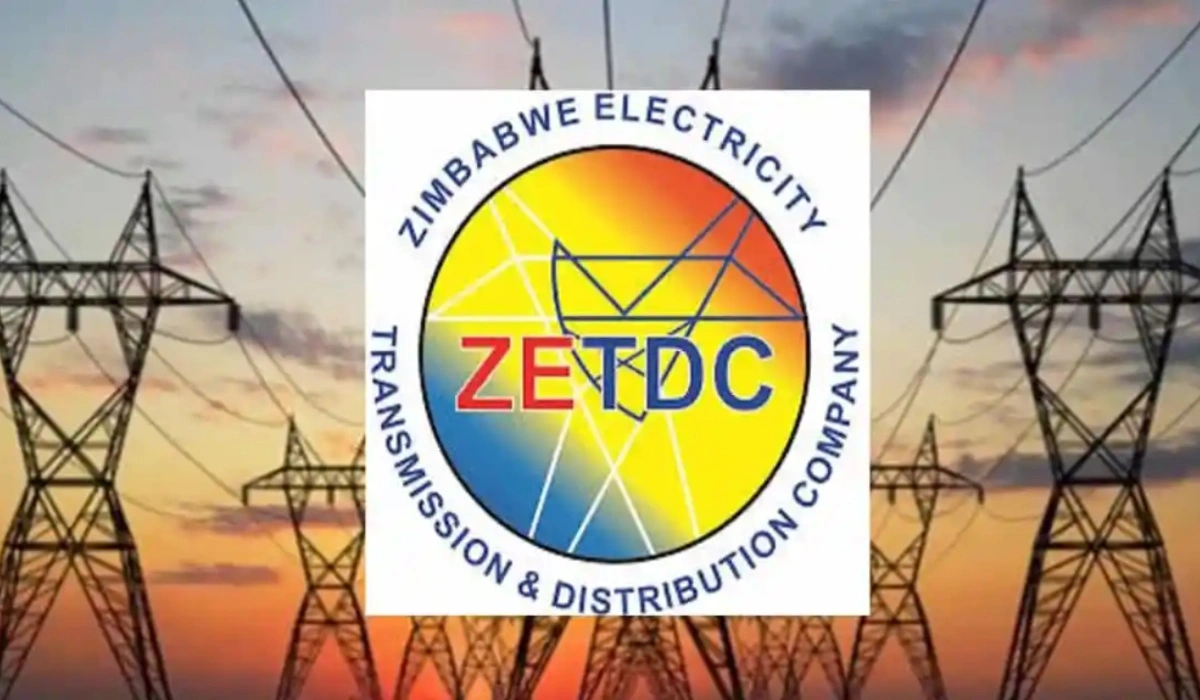The Zimbabwean Cabinet, chaired by President Emmerson Mnangagwa, approved the Minimum Service Delivery Standards for Local Authorities Framework. While the initiative appears commendable on paper, a closer look reveals significant gaps in feasibility, accountability, and alignment with constitutional mandates.
For years now, Zimbabweans both in urban and rural areas have faced crumbling public services, dry taps, overflowing sewers, pothole-riddled roads, and garbage-strewn neighbourhoods.
By Gamuchirai Mapako
This framework begs the following questions:
What really constitutes as a “minimum” service in water provision?
What are the sanitation benchmarks?
Can these standards be put in black and white?
And why would the government want to introduce Minimum service Delivery Standards Framework now without fulfilling the devolution policy demands first?
Are they jumping the gun with this?
The new framework recently approved by his excellency intends to restore order by establishing enforceable national service delivery standards for each local authority, complete with real-time digital tracking and stringent performance metrics.
The Minimum Service Delivery Standards Framework is unquestionably a step in the right direction because it acknowledges that citizens rightfully deserve dependable, consistent, and high-quality services, and that councils should be rated based on their performance rather than their affiliation.
However, without clearly laid out limits and feedback from communities, the framework risks becoming a bureaucratic tick-box exercise disconnected from the people’s reality realities.
Zimbabwe’s Constitution (2013) explicitly outlines the roles and responsibilities of local authorities under Chapter 14 (Provincial and Local Government). Section 276 mandates local authorities to provide services (water, sanitation, roads) equitably, promote democratic governance, public participation and ensure transparency in financial management.
However, the new framework lacks enforceable mechanisms to hold councils accountable for non-compliance unlike constitutional provisions, which are justiciable to say citizens can sue for violations. There are no clearly stipulated penalties for non-compliance. The framework mentions “performance assessments” but omits consequences for failing to meet benchmarks.
Without strong legal measures that formalise these standards and impose clear punishments for violating them, the framework would be prone to the same cycles of dysfunction that have affected the sector for decades.
The government has rightfully incorporated technology into the system. A digital dashboard system will track real-time compliance of councils, providing real-time data for central authorities and the public to ensure accountability.
The real-time dashboard system, while innovative, risks being manipulated by politically connected officials, as seen in past audits of local governance for example the 2022 Auditor-General’s Report revealed $1.2 billion in mismanaged municipal funds.
Without legislative backing or independent oversight, the standards may become another bureaucratic exercise.
Local authorities in Zimbabwe are notorious for corruption. The Harare City Council in 2024, the mayor was arrested for awarding tenders to cronies.
The framework does not address how it will curb such malfeasance, there is not mention of independent audits to monitor council expenditures.
Urban councils like Harare collect more revenue than rural districts yet the framework imposes uniform standards.
This capacity deficit is an equally alarming pain point. Many local governments, particularly in rural regions, lack the financial and technological resources necessary to adopt real-time digital reporting. While the government has suggested capacity-building assistance, there are no specific timetables or money allocations. If these councils are designed to fail, the entire system will collapse under its own weight.
The plan is a one-size-fits-all approach that neglects Zimbabwe’s urban-rural divide.
Political interference might undermine autonomy
Local authorities are constitutionally autonomous but there has been a history of usurping of councils. For example, the suspensions of opposition councils in 2023. The “dashboard system” could be weaponised to punish dissenting councils.
The national dashboard should be a neutral, data-driven tool for monitoring success, not a political weapon, opposition-led councils must not be unfairly targeted
The framework’s success hinges on depoliticising local governance.
Will councils be held accountable? Will there be penalties for non-performance? Will residents witness actual, concrete change?










Comments